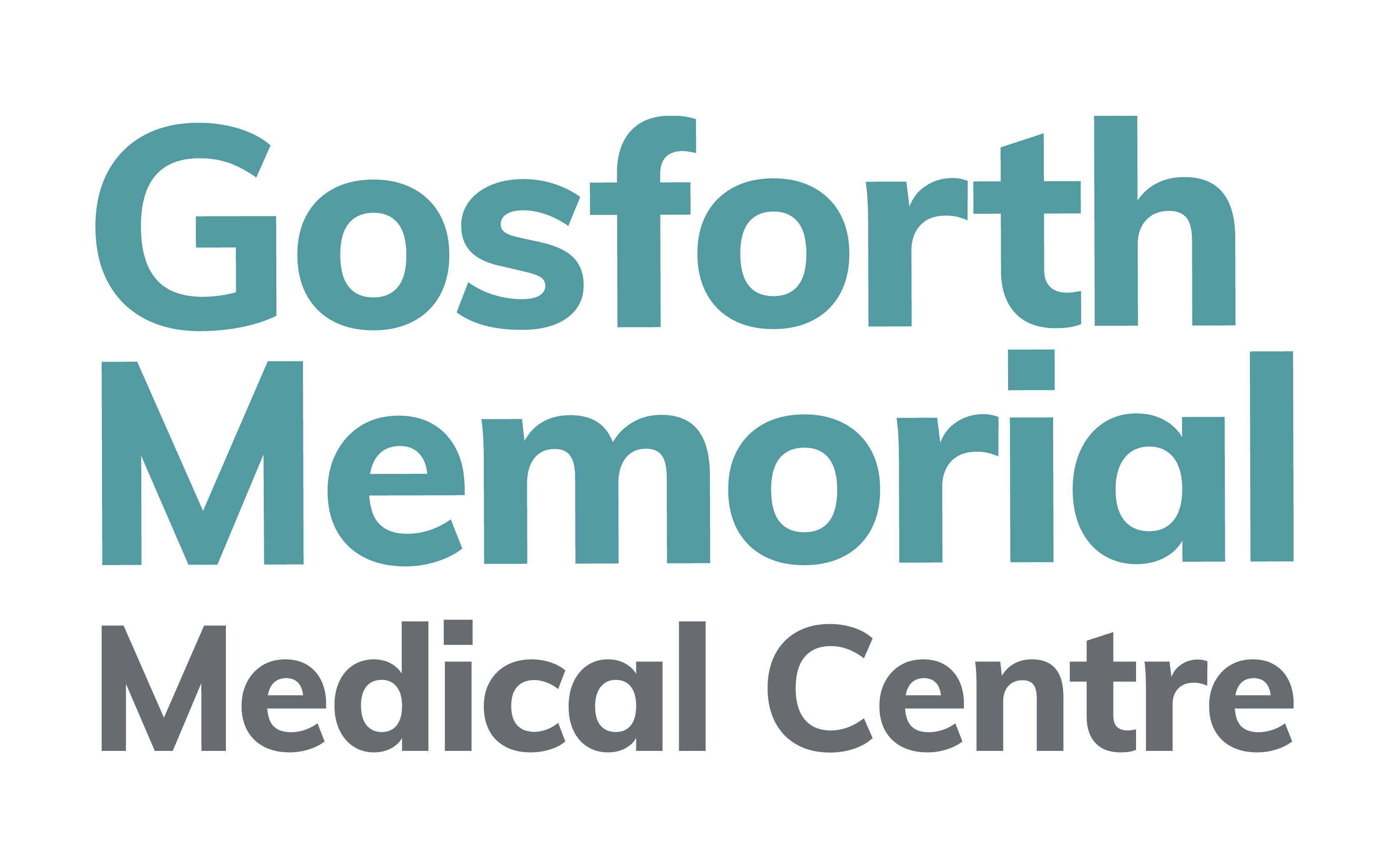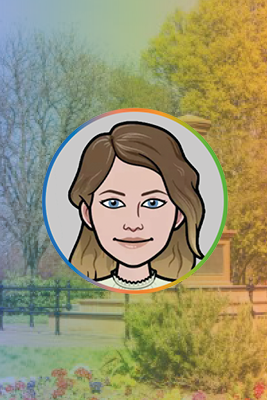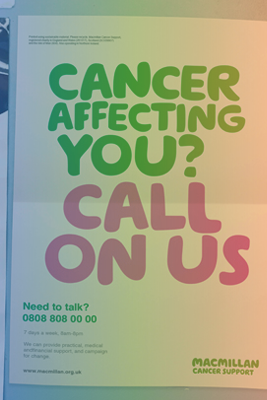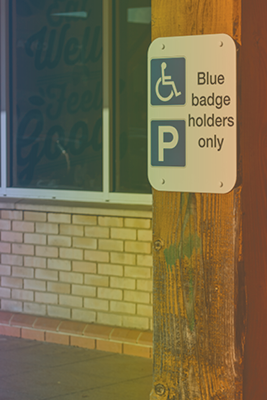Supporting You After a Cancer Diagnosis
It’s a sad fact that every year, 393,000 people in the UK are given the news that they have cancer.
Macmillan Cancer Support says that 3 million people are living with cancer, with that number continuing to rise.
While it is news nobody wants to hear, we want to let patients know about extra support to help you from diagnosis through treatment and beyond.
New Diagnosis Support from Social Prescribers
If you’re unfamiliar with Social Prescribing Link Workers – or SPLWs for short – they’re a brilliant, relatively new addition to primary care.
Their role is to help patients with the issues or problems that affect their health or wellbeing that can’t be solved with medicine.
Our SPLWs see patients at GP practices in Gosforth and Jesmond. They meet with patients, understand their challenges and what they hope to achieve, and come up with a plan to help make it happen.
They have a big book of contacts and link people to community groups, charities, and support services, offering advice on benefits, care packages or any other way they can help practically.
Earlier this year, our SPLWs started offering additional support to patients with new cancer diagnoses.
While our clinical teams and cancer specialists will look after how to manage your condition, we know that being diagnosed will touch many other parts of your life.
Whether you need someone to listen and help you find answers to your questions or would benefit from being put in touch with support groups or other groups or activities, the team are here to help.
Case Study: Eleanor
In this case study, Lauren, one of our SPLWS in Jesmond Lower Gosforth, talks about meeting and helping Eleanor (not her real name) after her diagnosis.
Hi, I’m Lauren
I’m Lauren, a Social Prescriber working with patients at GP practices in Jesmond Lower Gosforth.
I first met Eleanor after she was diagnosed with a rare type of blood cancer called Essential thrombocythaemia.
Here to Listen
Eleanor was 74 when she got the news. When I met with her and her daughter for the first time, they understandably had lots of questions about the diagnosis.
So, in our first chat, I was there to listen and to understand how I could help. I suggested the MacMillan helpline as a good starting point, as their specialist team can provide lots of medical information and advice.
Finding Specialist Support
Eleanor talked to me about her low mood and anxiety, which she’d experienced before and, of course, hadn’t been helped by her recent news.
I connected Eleanor with Coping with Cancer, a North East charity that has been helping people since the early 1980s.
They offer free counselling either at home or at their centre, and Eleanor used their support for several weeks to help with the emotional side of her diagnosis.
Joining Groups and Making Connections
Eleanor was also relatively new to the area, so she was keen to find community groups where she could get involved and meet new people. Maggie’s, a cancer charity based at the Freeman Hospital, seemed a good fit.
We’ve also enjoyed Eleanor’s company at some groups we run across Gosforth and Jesmond. She’s been a regular at our Meet and Move physio classes and has joined us at our new Cuppa Club.
Wider Support
I checked in with Eleanor and her daughter regularly. As I got to know them, I understood that other types of long-term support would help them, separate from the cancer diagnosis.
We got Eleanor into shelter accommodation and arranged for Social Cre Direct to assess for needs and look at additional physio support. I also helped Eleanor get a Blue Badge, so it was easier to park when she was out and about.
Here to help
We know getting the news of a cancer diagnosis will be distressing.
We want patients to know that we are here and can offer you the support you need – whether you want to talk or find out about all the different types of help.
You can ask any staff member at your GP practice to refer you to a Social Prescriber, and we’ll be in touch.
If you feel you would benefit from speaking with a member of our Social Prescribing team, you can ask your GP practice to refer you.






